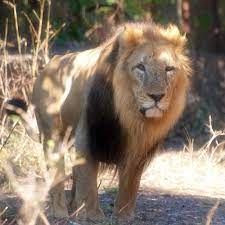The asiatic lion only continues to exist in the For national park. When this area was first protected, the lion population had fallen very low, some saying a matter of only a couple of dozen remaining members. In the 50 or so years since the population has multiplied well. Now are said to be around 400, spread across 1 contiguous protected area (under a number of different authorities – Gir Sanctuary, Gir National Park, Pania Sanctuary, Mitiyala Sanctuary, and Girnar Sanctuary. The first 3 form the core, with the others lying within dispersal range.

The problem is at these three have a combined area of about 561 square miles, which is an incredibly high density for lions.
Continue reading “Asiatic lions are found in only one place, yet local government authorities refuse to move any”




